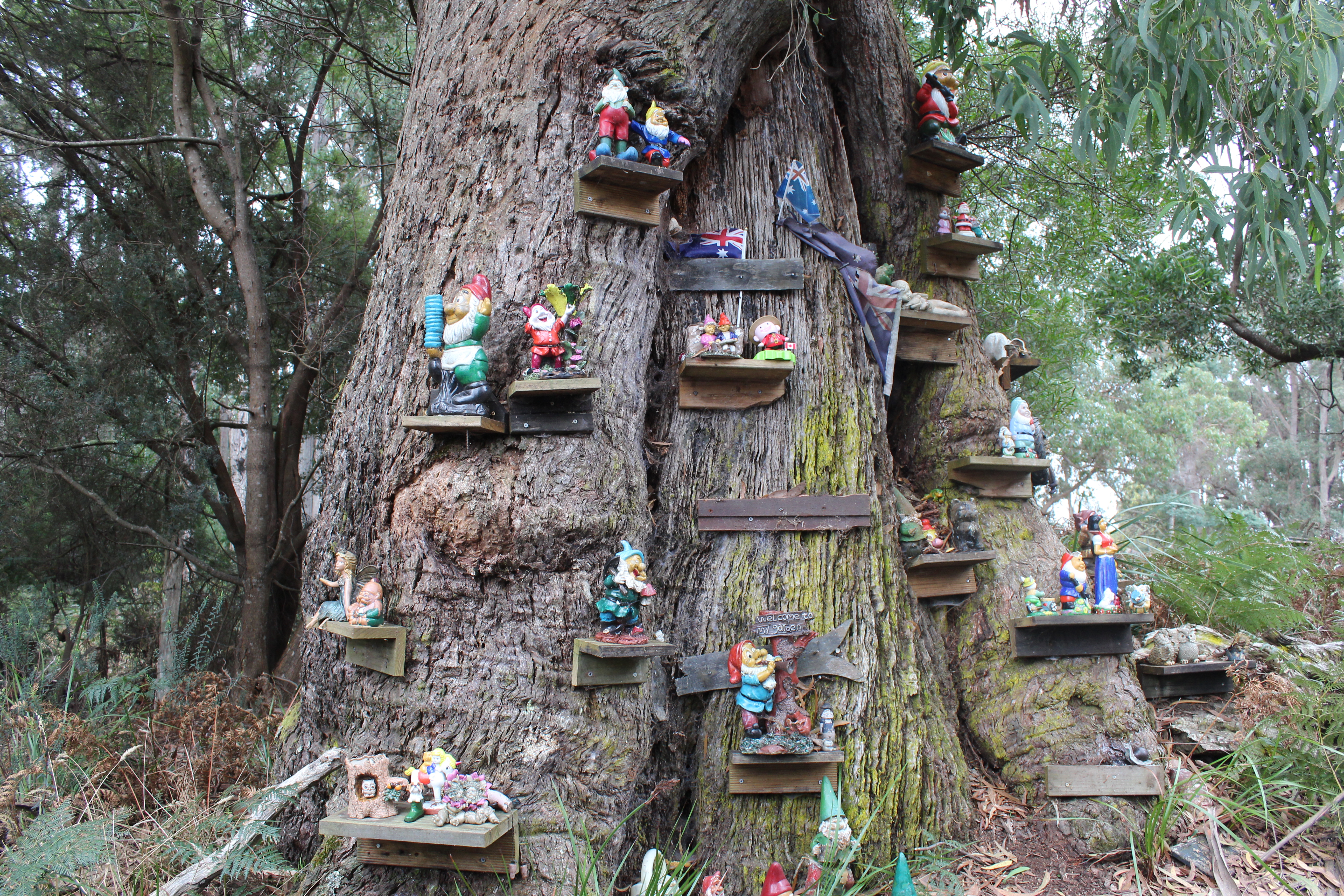Contested Land: Country and terra nullius in <i>Plains of Promise</i> and <i>Benang: From the heart</i>
Keywords:
Country, ecocriticism, Plains of Promise, Alexis Wright, Benang, From the heart, Kim Scott, Mabo, Indigenous fictionAbstract
The Mabo decision of 1992 made questions about the definition of land in Australia and its relation to humans newly significant by overturning the British legal fiction of this continent as ‘terra nullius’ (empty land) and acknowledged for the first time in Anglo-Australian law the validity of Aboriginal land claims. Alexis Wright’s Plains of Promise (1997) and Kim Scott’s Benang (1999) were written in the wake of this landmark decision. Both tell stories of children of the Stolen Generations and their ancient ties to their ancestral land, despite their severance from it. Critical scholarship on these novels has focused primarily on their human stories and been conducted in terms of postcolonial theory and discussions of magic realism. In this article I seek to complicate and expand these predominantly anthropocentric readings by drawing on ecocriticism to explore the central role of the non-human world in these novels. I argue they privilege an Indigenous understanding of two regions of the Australian continent as ‘country’ over their conception as terra nullius, a blank canvass available for colonisation and inscription by British property law and Christianity. The novels contest this concept of terra nullius by manifesting ‘country’: a vibrant, active land inextricably bound to its Indigenous people by ancient, enduring laws. They rewrite the continent as black land and suggest their protagonists’ inextricable, enduring ties to it.
References
Ashcroft, Bill, Frances Devlin-Glass and Lyn McCredden. Intimate Horizons: The Postcolonial Sacred in Australian Literature. Adelaide: ATF Press, 2009.
Brewster, Anne. ‘“Can You Anchor a Shimmering Nation State via Regional Indigenous Roots?” Kim Scott talks to Anne Brewster about That Deadman Dance’. Cultural Studies Review 18.1 (March 2012): 228-246.
DeLoughrey, Elizabeth and George B. Handley. Postcolonial Ecologies: Literatures of the Environment. New York: Oxford University Press, 2011.
Dolin, Kieran. ‘Place and Property in Post-Mabo Fiction by Dorothy Hewett, Alex Miller and Andrew McGahan’. Journal of the Association for the Study of Australian Literature 14.3 (2014).
Farca, Paula Anca. ‘Land as Mediator: Violence and Hope in Alexis Wright’s Plains of Promise’. Journal of Australian Writers and Writing 1 (May 2010): 29-36).
Gelder, Ken and Jane M. Jacobs. Uncanny Australia: Sacredness and Identity in a Postcolonial Nation. Melbourne: Melbourne University Press, 19998.
Griffiths, Michael R. ‘Need I Repeat?: Settler Colonial Biopolitics and Postcolonial Iterability in Kim Scott’s Benang’ in Nathanael O’Reilly (ed.). Postcolonial Issues in Australian Literature. Amherst, New York: Cambria Press, 2010.
Ravenscroft, Alison. The Postcolonial Eye: White Australia and the Visual Field of Race. Farnham: Ashgate Publishing Ltd, 2012.
Renes, Cornelius Martin. ‘Discomforting Readings: Uncanny Perceptions of Self in Alexis Wright’s Plains of Promise and David Malouf’s Remembering Babylon’. Eucalypt 2, Barcelona: Australian Studies Centre (2002): 76-102.
—‘Dreamtime Narrative and Postcolonialisation: Alexis Wright’s Carpentaria as an Antidote to the Discourse of Intervention’, Journal of the European Association for Studies on Australia 2.1 (2011): 102-122.
Scott, Kim. Benang: From the heart. North Fremantle: Fremantle Press, 1999.
Slater, Lisa. ‘Kim Scott’s Benang: An Ethics of Uncertainty’. Journal of the Association for the Study of Australian Literature (2005a): 147-158.
—‘Kim Scott’s Benang: Monstrous (textual) bodies’. Southerly: a review of Australian literature 65.1 (2005b): 63-73.
—‘Benang, “this most local of Histories”: annexing colonial records into a world without end’. The Journal of Commonwealth Literature 41.2 (2006): 51-68.
Swain, Tony. ‘Dreaming, Whites and the Australian Landscape: Some Popular Misconceptions’. Journal of Religious History 15.3 (June 1989): 345-350.
Takolander, Maria. ‘Magical Realism and irony’s “edge”: Rereading magic realism and Kim Scott’s Benang’. JASAL 14.5 (2015).
Uhlmann, Anthony. ‘Law translating life and life translating law through stories: Bringing them home and Benang by Kim Scott’ [Paper in Writing Against Legal Racism: Law and literature explorations, Grbich, Judith and Hutchings, Peter (eds)] (online). Australian Feminist Law Journal 15 (December 2001): 41-54.
Valenta, Katie. ‘Ambiguity in Alexis Wright’s Plains of Promise’. The Journal of the European Association of Studies on Australia 3.2 (2012).
Wright, Alexis. Plains of Promise. St Lucia: University of Queensland Press, 1997.
Downloads
Published
Issue
Section
License
The copyright for articles in this journal is retained by the author(s), with first publication rights granted to the journal. By virtue of their appearance in this open access journal, articles are free to use with proper attribution in educational and other non-commercial sectors.Attribution-NonCommercial-ShareAlike 2.1 Australia
This work is licensed under the Creative Commons Attribution-NonCommercial-ShareAlike 2.1 Australia License. To view a copy of this license, visit http://creativecommons.org/licenses/by-nc-sa/2.1/au/ or send a letter to Creative Commons, 543 Howard Street, 5th Floor, San Francisco, California, 94105, USA.

